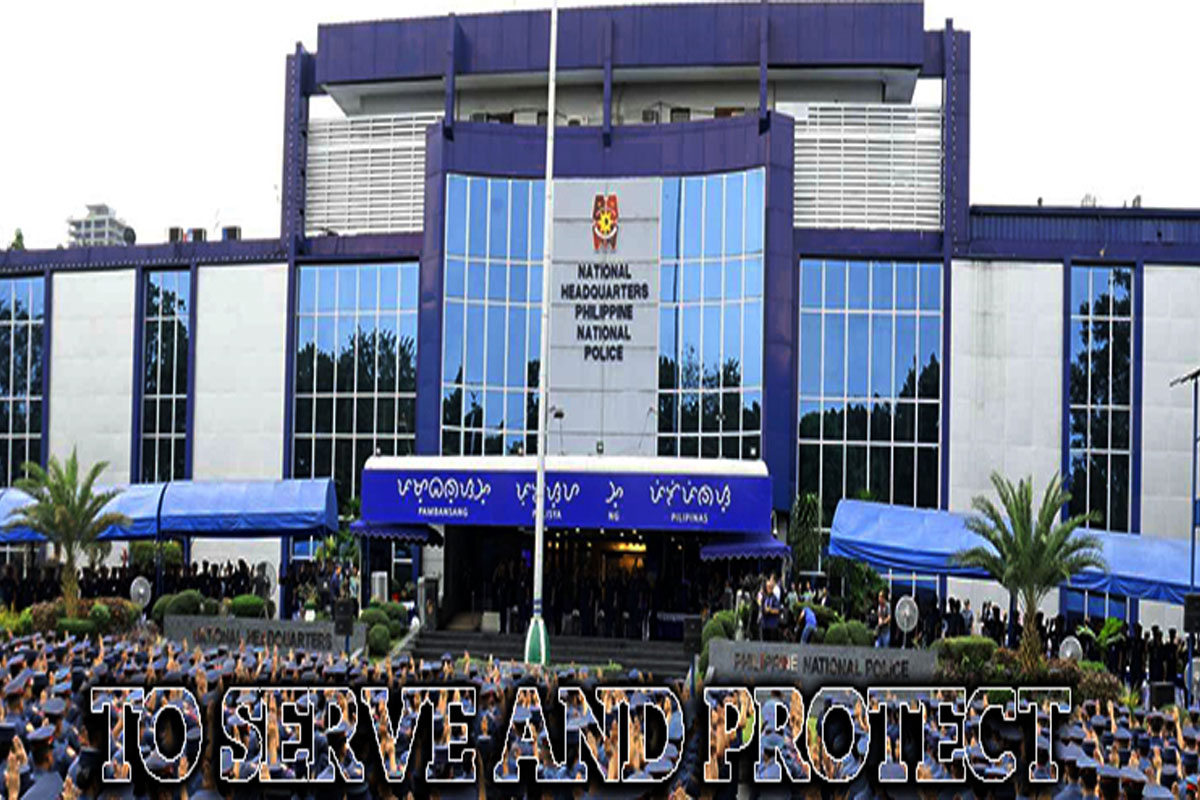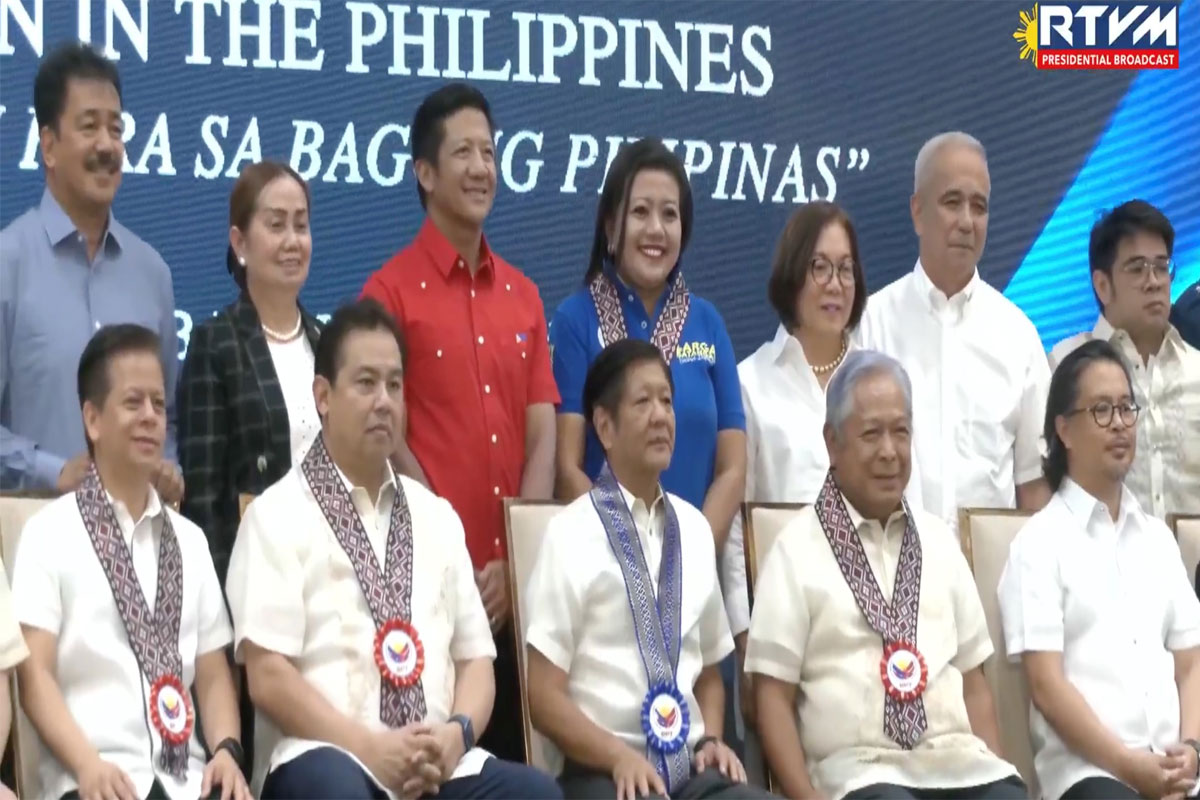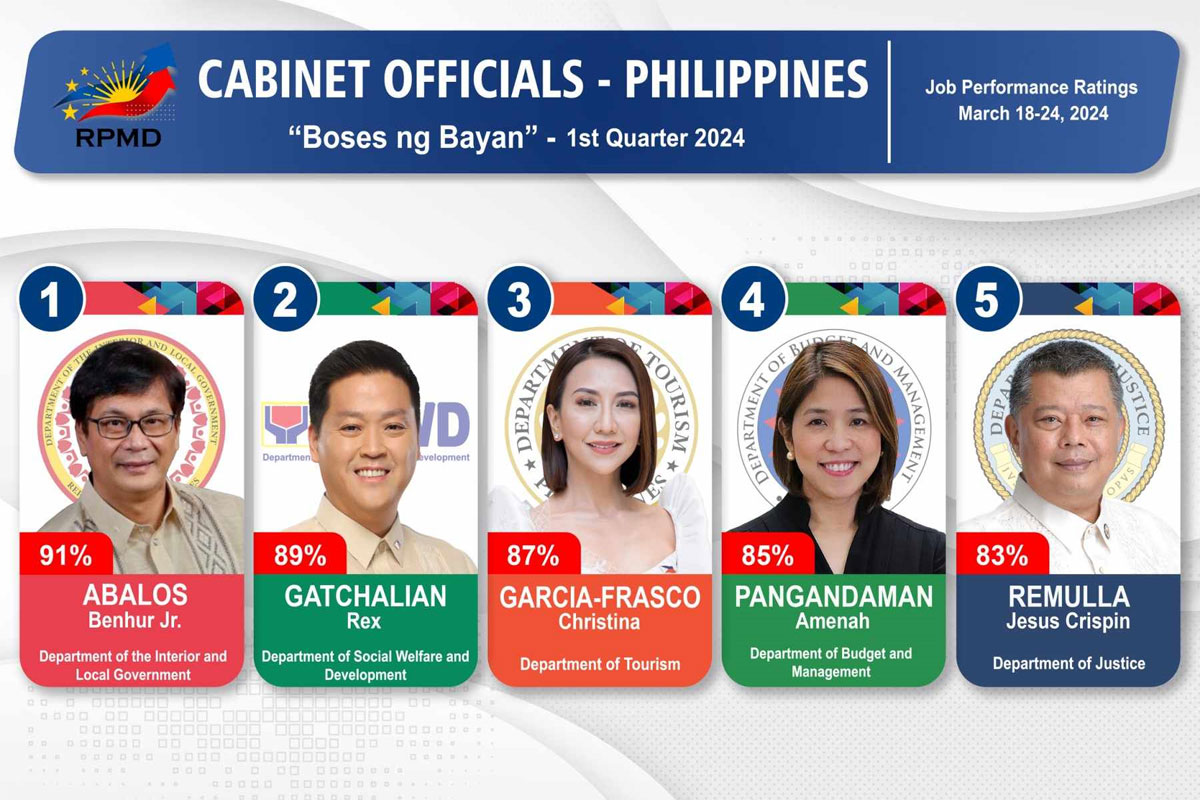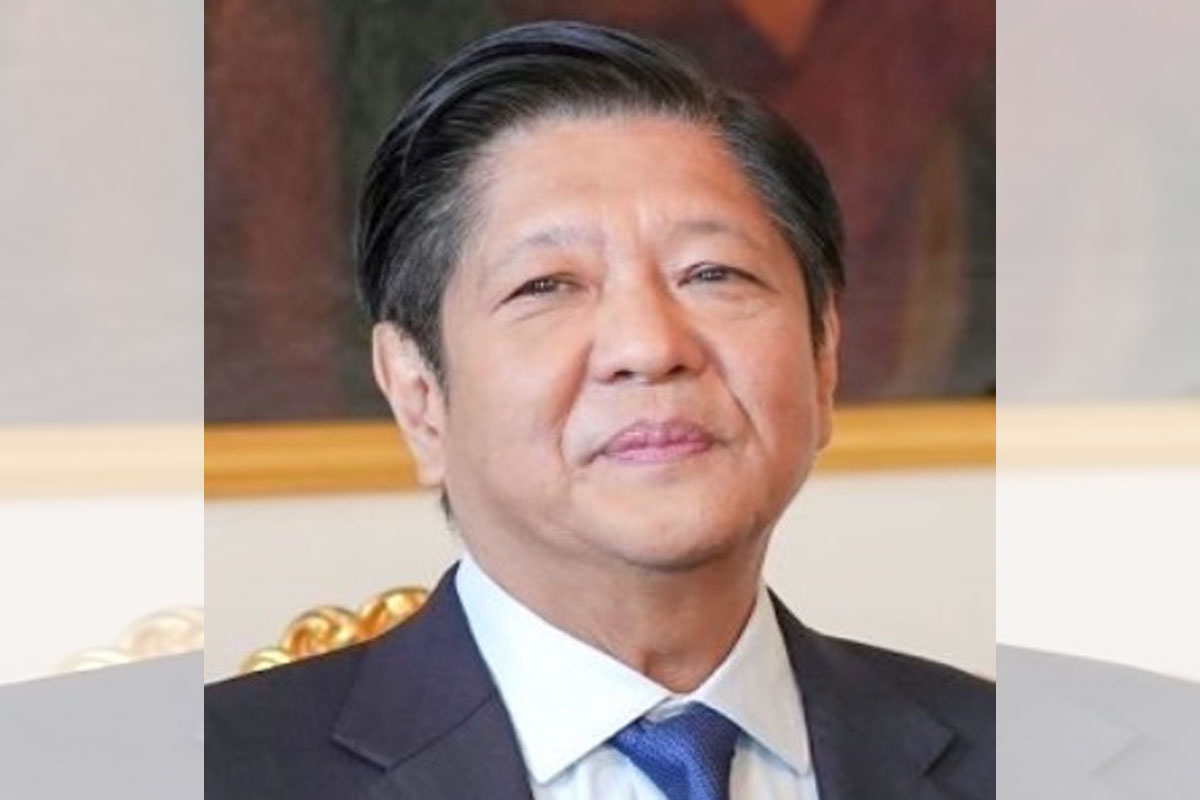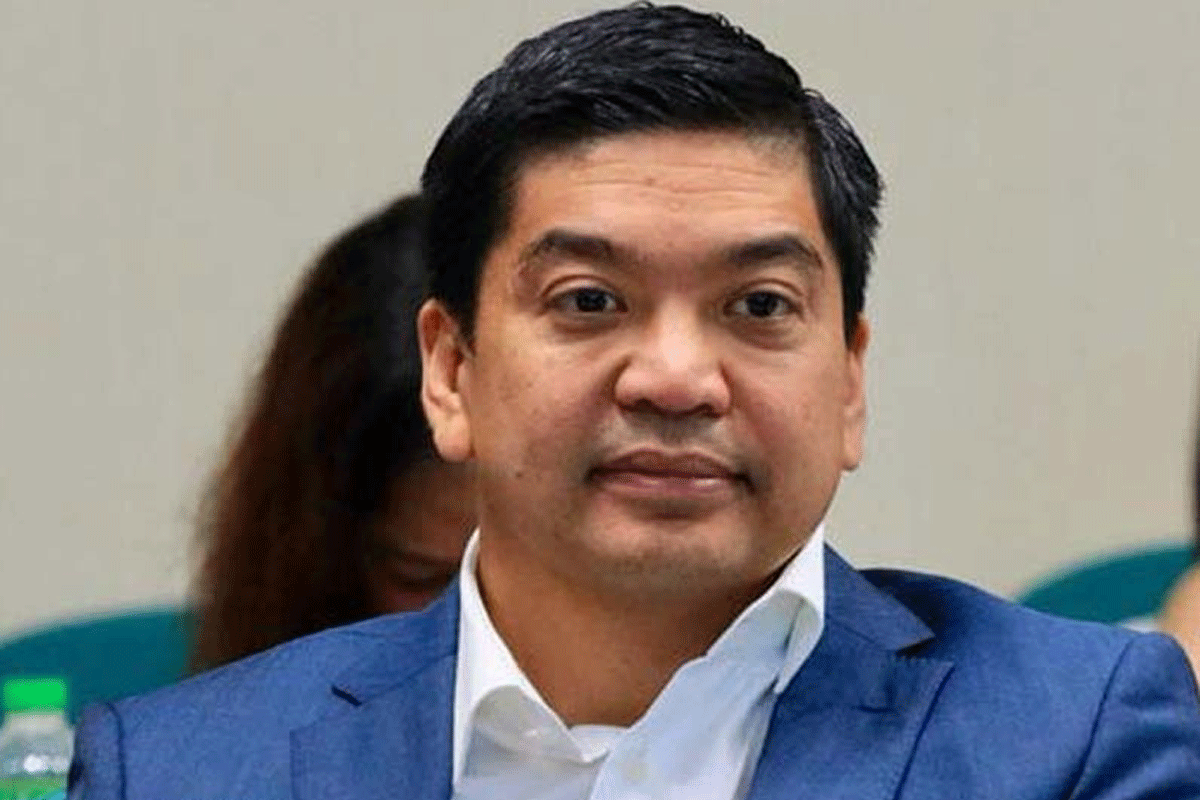
LRay hails BBM’s decision to lead DA
CAMARINES Sur Rep. LRay Villafuerte has backed President-elect Ferdinand “Bongbong” Marcos Jr. (BBM)’s decision to take on the position of agriculture secretary when he assumes office on June 30, saying such a move sends the “crystal clear” message that the incoming administration is giving “no. 1 priority” to agriculture amid a looming global food crunch beginning this year’s remaining half.
“We commend BBM’s decision to head the DA (Department of Agriculture) when he takes over the presidency next week (June 30) as this sends the crystal clear message that his incoming administration is giving ‘no. 1 priority’ to agricultural modernization and food security, if not self-sufficiency,” said Villafuerte, a staunch advocate of higher farm productivity in Congress.
Villafuerte said the incoming President is making “a wise decision in putting a premium on agriculture ahead of a looming global food crunch, given that the country’s nagging food supply woes arising from low rural productivity and unbridled population growth have been exacerbated by the pernicious impact on the world’s agricultural production of the lingering COVID-19 pandemic, rocketing oil prices and Russia’s invasion of Ukraine.”
For Villafuerte, Marcos’ move to name himself as DA chief is the latest in a series of brilliant appointments topped by his selection of highly respected technocrats such as Bangko Sentral ng Pilipinas (BSP) Gov. Benjamin Diokno, Monetary Board (MB) member Felipe Medalla and Philippine Competition Commission (PCC) Chairman Arsenio Balisacan as his economic managers and his choice of local executives as Cabinet members Vice President-elect and Davao City Mayor Sara Duterte Carpio as education secretary, former Cavite Gov. Jesus Crispin Remulla as justice secretary, former Mandaluyong City Mayor Benjamin Abalos Jr. as interior and local government secretary and Liloan Mayor Christina Garcia Codilla-Frasco as tourism secretary.
With his campaign promise to uplift the lives of all Filipinos, Villafuerte said it is logical for Marcos to give “top priority” to agriculture, considering that there are 9.99 million people employed in the farm sector – according to 2018 data from the Philippine Statistics Authority (PSA) or almost a tenth of all Filipinos.
“The incoming President cannot generate the tide that will lift all boats without including our farmers in the equation,” said Villafuerte, who has strongly supported the “Plant, Plant, Plant” (PPP) farm productivity program of the outgoing Duterte administration.
Villafuerte said Marcos could take his cue from his father, the late President Ferdinand Marcos Sr., who had, during his presidency, launched programs aimed at achieving agricultural self-sufficiency like the establishment of the food terminal in Taguig City for warehousing and processing and the “Masagana 99”, which “enabled” the Philippines to even export rice to neighboring countries during the 1977-78 period.
Villafuerte, who likewise supports Marcos’ plan to continue the infrastructure agenda of the outgoing Duterte administration, said the next government could tweak this program to support agricultural modernization by putting up food terminals across the country, with a focus on the main agricultural products in the respective regions.
He recalled that the late President Marcos had put up the Food Terminal Inc. (FTI) as a subsidiary of the National Food Authority (NFA) and whose primary operations included warehousing, food processing, marketing services, and trading of agricultural produce.
To dramatically boost productivity and raise farmers’ incomes, Villafuerte proposed that “the BBM government focus on value-added processing of agricultural products, with state-run food terminals taking the lead in all regions of the country.”
“BBM could put up at least one major food terminal in every region, with production, processing, marketing, and trading focused on the major farm goods in each region,” he said.
“For instance, the proposed food terminal in Bicol could focus on coconut as this is the major crop in our region,” he said.
“But instead of concentrating on just coconut oil, we in the region could focus on processing and packaging for sale here and abroad of such value-added goods as organic coconut milk, sparkling coconut water, skimmed coconut milk, dried coconut milk powder, toasted coconut flakes, desiccated or shredded coconut, coconut chips, and coconut fruit spread and cookies,” Villafuerte pointed out.
In a press briefing this week, Marcos said he will head the DA in the meantime so he can reorganize the office to make it “ready” for the “feared” food crisis this semester.
“I think that the problem is severe enough that I have decided to take on the portfolio of Secretary of Agriculture, at least for now and at least until we can reorganize the Department of Agriculture in the way that will make it ready for the next years to come,” Marcos said.
“We need to replace a lot there are offices that are underused, and there are those that we need to retool for the post-pandemic because what we are dealing with now is different,” explained Marcos.
“We’re going back to basics, and we will rebuild the value chain of agriculture… We’ll try to increase production as we come into the harvest period after, during, and before the rainy season. Hopefully, we can counteract some of the price increases,” Marcos added.
Earlier, Villafuerte supported the DA’s “Plant, Plant, Plant” program to stabilize food supplies and prices.
On his watch as House Deputy Speaker for Finance, Villafuerte co-authored in 2020 the House Resolution (HR) No. 925, affirming the chamber’s commitment to passing a supplemental budget for the DA for the recovery of the agriculture and fisheries sector from the havoc wrought by COVID-19.
Villafuerte had pushed a “re-prioritization” of the then-proposed 2021 General Appropriations Act (GAA), with a hefty part of the annual budget going not only to infrastructure and social services but also to agricultural development “with the long-term goal of attaining sufficiency in rice and other basic foodstuffs in the post-pandemic scenario.”










